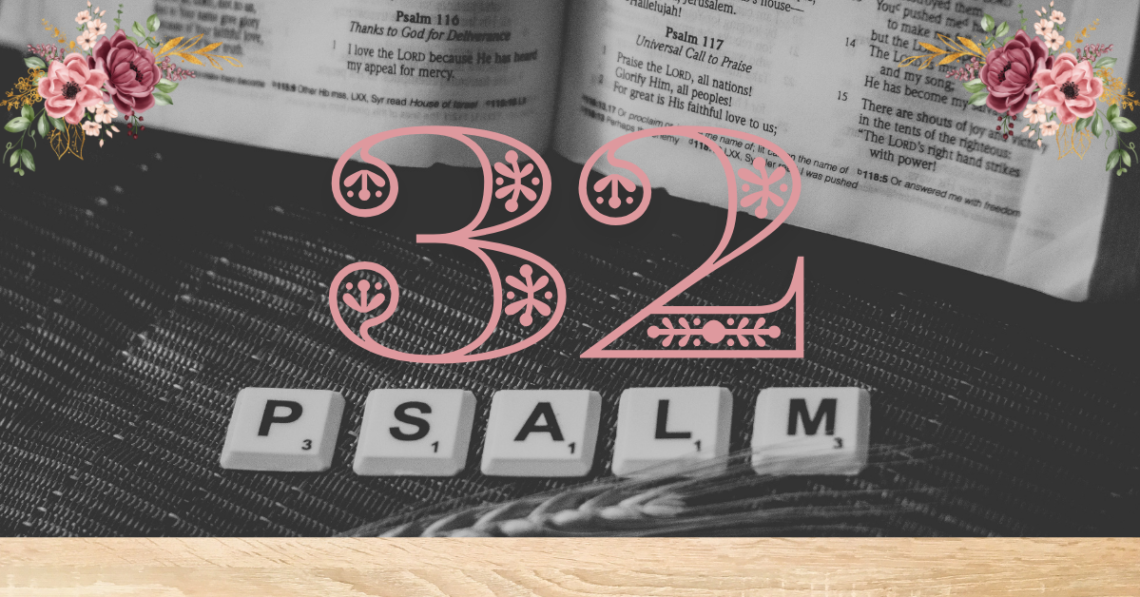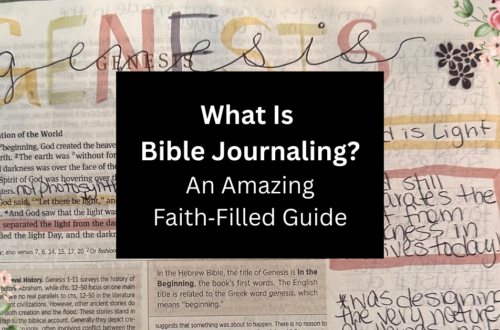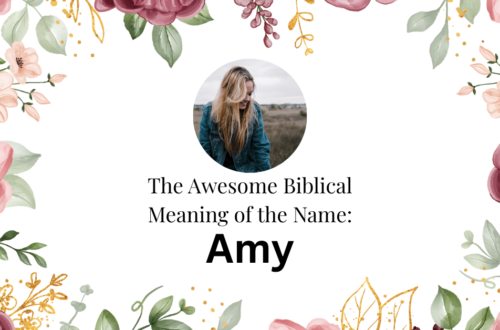Psalm 32 is a celebration of the joy that comes from being forgiven. Written by David, this psalm takes us on a journey from the burden of unconfessed sin to the peace and relief that comes with confession and God’s mercy. It’s both a personal testimony and a call for all of us to experience the freedom of forgiveness.
Background of Psalm 32
Psalm 32 is one of the seven “Penitential Psalms” and is often paired with Psalm 51, another of David’s confessions. It reflects David’s deep understanding of sin, guilt, and God’s abundant grace. The psalm transitions from personal anguish to joy, as David encourages others to confess their sins and find restoration.
What Does Psalm 32 Mean?
This psalm outlines the emotional and spiritual journey of dealing with sin:
- Verses 1–2: A declaration of the blessing that comes from forgiveness.
- Verses 3–5: David describes the agony of hiding sin and the healing that came from confession.
- Verses 6–7: Encouragement to seek the Lord while He may be found.
- Verses 8–11: God’s promise to guide, and a final call to rejoice in His mercy.
Psalm 32 reminds us that unconfessed sin weighs us down, but God’s forgiveness lifts that burden and fills us with joy.
Verse Mapping Psalm 32:1
“How joyful is the one whose transgression is forgiven, whose sin is covered!” (CSB)
- Word Study
- Joyful: Deep gladness and relief, not just fleeting happiness.
- Transgression: A willful act of disobedience or rebellion against God.
- Forgiven: To lift or carry away; the burden of sin is removed.
- Covered: Hidden from view; no longer counted against the person.
- Cross-References
- Romans 4:7–8 – Paul quotes this psalm to emphasize justification by faith.
- 1 John 1:9 – If we confess our sins, He is faithful and just to forgive us.
- Proverbs 28:13 – Those who confess and renounce their sins find mercy.
- Paraphrase How happy is the person whose rebellion has been completely erased, whose sins are no longer visible because they’ve been fully forgiven by God.
- Application True joy comes not from perfection but from pardon. When we confess our sins, we are met not with condemnation, but with compassion.
How Can We Apply Psalm 32 Today?
- Confess Regularly Don’t let sin fester. Be honest with God daily. Confession brings healing and restores your relationship with Him.
- Embrace God’s Forgiveness When God forgives, He forgets. Stop revisiting what God has already erased. Live in the freedom of grace.
- Encourage Others to Seek God Just as David urges the faithful to pray, we too can invite others to seek God’s mercy and love.
- Let God Be Your Hiding Place In verse 7, David calls God his “hiding place.” Instead of hiding from God, we can hide in Him—safe and secure.
- Rejoice in the Lord Let joy mark your life. A forgiven person is a joyful person. Celebrate what God has done in you.
Reflection Questions
- Is there anything you’re holding back from confessing to God?
- What lies might you believe about your sin or God’s forgiveness?
- How has confession and forgiveness changed your walk with God?
- Who in your life needs to hear that God is a forgiving Father?
A Closing Prayer
Lord, thank You for the gift of forgiveness. I no longer have to carry the burden of sin because You have lifted it from me. Help me to be quick to confess, slow to hide, and eager to rejoice in Your grace. May my life be a testimony to the joy of Your mercy. Amen.
Final Thoughts
Psalm 32 is a song of redemption. It reminds us that hiding our sin only brings sorrow, but confession leads to restoration and rejoicing. God is not waiting to punish us—He’s waiting to pardon us.
Share the Truth
Know someone struggling with guilt or shame? Share Psalm 32. Let them know that there is true joy and freedom on the other side of confession.





